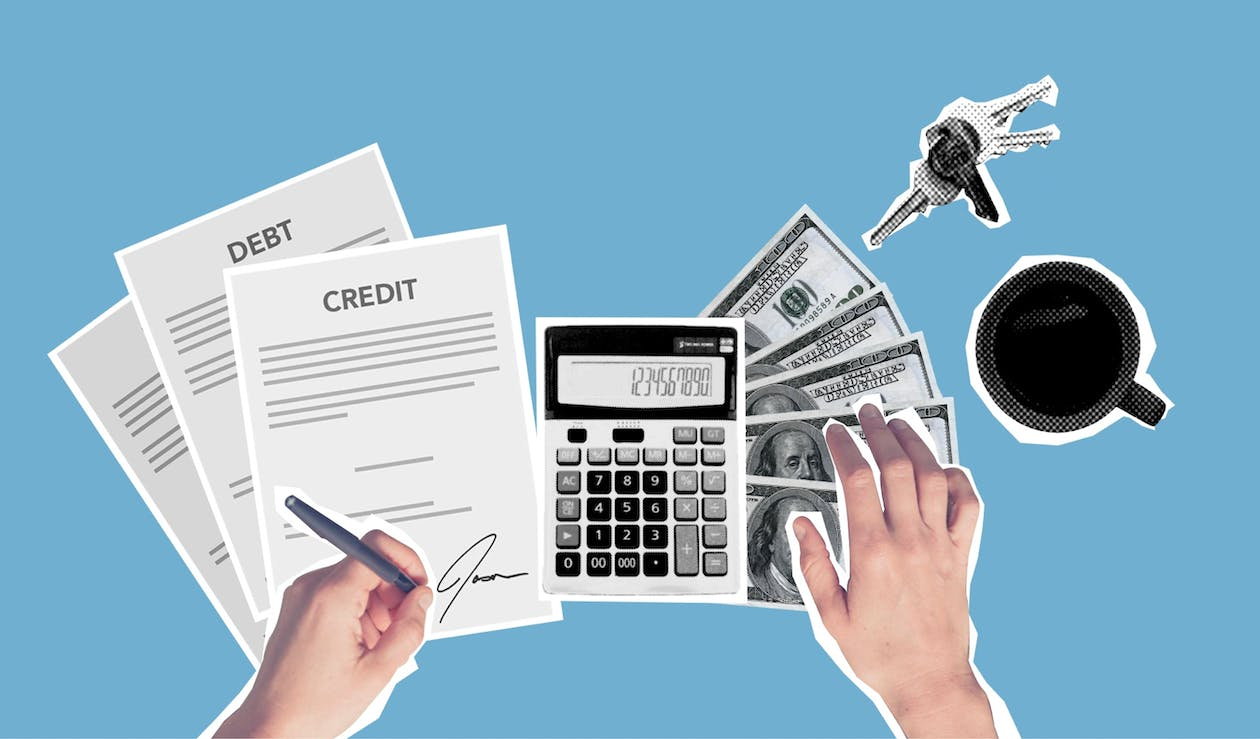Figuring out how much you’ll need to budget for your monthly car payment is an important part of the car-buying process. After all, you don’t want to end up being upside down on your loan (owing more than the car is worth) or having a payment that’s so high it strains your budget. Below, we’ll walk you through a simple method for calculating your monthly car payment so you can shop with confidence.
How to calculate your monthly payment
Assuming you have your down payment saved up and you know how much you’re approved for, calculating your monthly car payment is actually quite easy. To make it even easier, you can use an auto loan calculator. But if you want to do it by hand, just follow the steps below:
- Calculate the total loan amount by taking the purchase price of the car and subtracting the down payment.
- Then, multiply that figure by the loan’s interest rate (converted to a decimal) and add 1. This will give you what’s known as the decimal factor.
- Take the number of months in your loan term and raise it to the power of the decimal factor.
- Divide the total loan amount by this number to get your monthly payments.
What factors go into determining your monthly car payment?
The amount you pay each month for your car loan is determined by a variety of factors, including the price of the vehicle, the interest rate on your loan, and the length of the loan term.
The price of the vehicle is obviously a major factor in your monthly payment, but it’s not the only one. The interest rate on your loan will also affect your payment, as will the length of the loan term. For example, if you have a five-year loan at an interest rate of 3%, your monthly payment will be lower than if you had a three-year loan at an interest rate of 5%.
The length of the loan term is another important factor to consider when determining your monthly payment. A longer loan term will mean higher monthly payments, but it will also mean that you’ll pay less interest over the life of the loan. Ultimately, the choice of the loan term is a personal decision that depends on your financial situation and your goals for repayment.
How much should you save for a down payment on a car?
Buying a car is a big financial decision. Not only do you have to pay for the vehicle itself, but you also have to factor in the cost of fuel, insurance, and maintenance. One of the biggest expenses when buying a car is the down payment.
How much you should save for a down payment depends on a number of factors, including the price of the car and your financial situation. A good rule of thumb is to save 20% of the purchase price. For example, if you’re looking to buy a $15,000 car, you should aim to save $3,000 for the down payment.
However, if you can’t afford to put down that much money, don’t worry – there are still plenty of options available to you. You can talk to your bank or credit union about financing options, or look into government programs that can help you with the cost of a down payment. Whatever route you decide to take, be sure to do your research so that you can make the best decision for your needs.
How to get a low interest rate on your car payment
Interest rates on car loans can vary widely, but there are a few things you can do to get a lower interest rate on your car payment. One option is to shop around at different lenders to see who offers the best rates.
Another is to try to get pre-approved for a loan before you go to the dealership. This way, you’ll know how much you can afford to borrow and what interest rate you’ll be paying. You can also put down a larger down payment, which will lower your monthly payments and the overall amount of interest you’ll pay on the loan.
Finally, be sure to have a good credit score so that you can qualify for the best interest rates available. Remember, you can always negotiate if you don’t like the numbers they are giving you. By following these tips, you can get a lower interest rate on your car payment and save money over the life of your loan.
How to get the best deal on car financing
Getting the best deal on car financing depends on a few factors. First, it’s important to have a good credit score. The higher your credit score, the lower the interest rate you’ll be offered.
Second, it’s a good idea to shop around and compare rates from different lenders. Even a small difference in interest rates can make a big difference in the total cost of financing. And finally, don’t be afraid to negotiate.
Many dealerships are willing to work with customers to get them the best possible deal. By following these tips, you can be sure you’re getting the best possible deal on car financing.
Calculating your monthly car payment doesn’t have to be difficult—just use the formula above. And remember, if your monthly payment ends up being too high for comfort, you can always adjust by lengthening your loan term or finding a less expensive car. Happy shopping!



 Bitcoin
Bitcoin  Ethereum
Ethereum  Tether
Tether  XRP
XRP  Solana
Solana  USDC
USDC  TRON
TRON  Cardano
Cardano  Lido Staked Ether
Lido Staked Ether  Avalanche
Avalanche  Toncoin
Toncoin